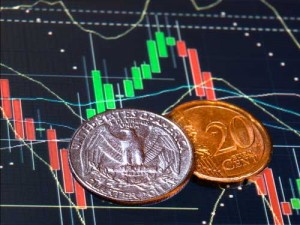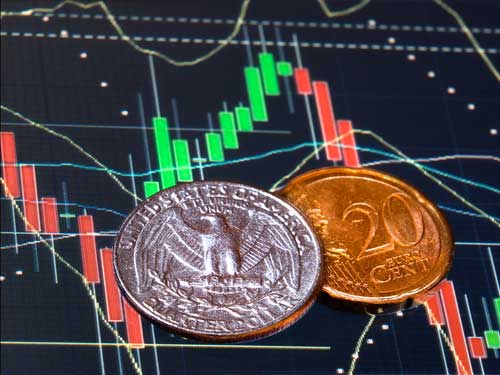 Currency exchange rates can be influenced not just by economic and political developments, but also by the actions of large participants in the market. These market participants trade lots of currency, so big that they can influence exchange rates with just one transaction. Here is a brief overview of some of these organizations and parties.
Currency exchange rates can be influenced not just by economic and political developments, but also by the actions of large participants in the market. These market participants trade lots of currency, so big that they can influence exchange rates with just one transaction. Here is a brief overview of some of these organizations and parties.
- Governments: These national institutions, acting through their central banks, are some of the most influential participants in the currency markets. Central banks usually trade currencies in support of their national monetary policies and overall economic goals, using the large reserve volumes deposited with them. One of the most famous examples of a government manipulating the markets in service of its economic policies is China, which is famously purchasing billions of dollars worth of US treasury bills in order to maintain the yuan at targeted currency exchange rates and retain the competitiveness of its exports.
- Banks: These large financial institutions trade currencies on the interbank market, typically moving huge volumes using electronic brokerage systems based on their credit relationships with each other. Their trading activities determine the currency exchange rates that traders are quoted on their currency trading platforms. The bigger the bank, the more credit relationships it is likely to have and the better the exchange rates it can command for its clients. And since the currency market is decentralized, it is common for banks to have different buy/sell exchange rate quotations.
- Hedgers: These large corporate clients are not traders but rather corporations and big business interests who want to lock in currency exchange rates by using options contracts that give them the right to buy a particular amount of currency at a particular price. When the transaction date is up, the contract holder has the option to actually take possession of the currency or let the options contract lapse. Options contracts help a company predict the amount of profit it can expect from a particular transaction, as well as reducing the risk of dealing in a particularly vulnerable currency.
- Speculators: These parties are among the most controversial market participants, since they do not just take advantage of currency exchange rates fluctuations to make profits, but are accused of also actively manipulating currency prices in their favor. One of the most notorious of these speculators is George Soros, who is known for “breaking” the Bank of England by making a profit of $1 billion in just a single trading day by shorting some $10 billion worth of the UK pound. More infamously, however, Soros is seen as the man who triggered the Asian financial crisis after he made a massive speculative trade, shorting the Thai baht. But speculators are not just individuals but also institutions, such as hedge funds. These funds are controversial for using unconventional and possibly unethical methods to earn large returns on their investments. These funds have also been accused of being behind the Asian currency crisis, although many critics have said that the real problem was the inability of national central banks to manage their currencies.






Comments are closed.